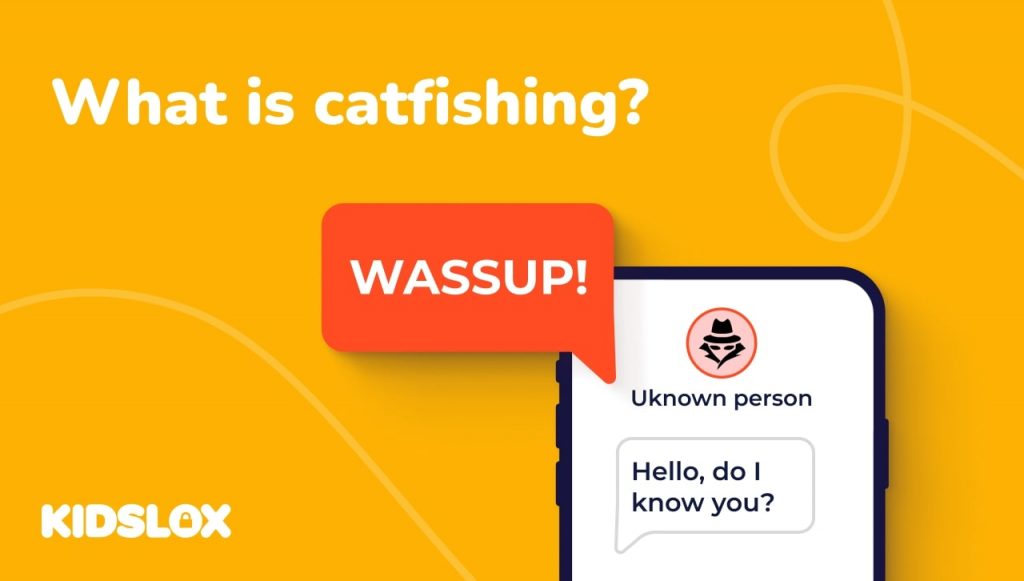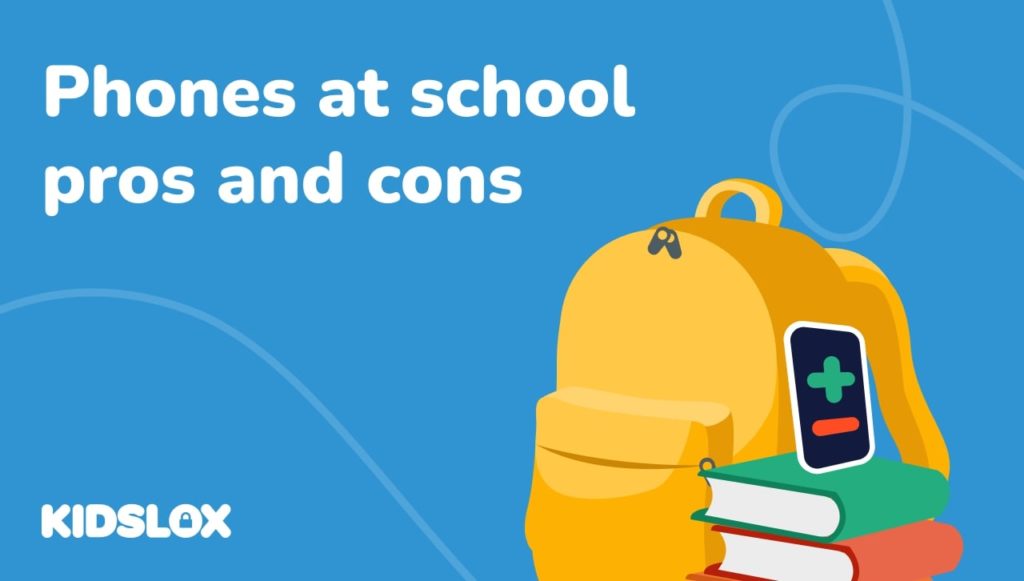A Parent’s Guide to Keeping Kids Safe Online
In today’s digital age, social media platforms like Snapchat have become an integral part of teenagers’ social lives. The allure of disappearing messages, creative filters, and engaging stories makes Snapchat immensely popular among young users. However, while there is plenty of fun and entertainment to be had, parents need to be aware of the potential risks and scams that can compromise users’ safety and privacy.
Snapchat, with its ephemeral nature and real-time communication, is an environment where scammers can lurk. Parents need to be aware of the ways criminals manipulate and coerce users through the following types of scams. Where vulnerable young people gather, unfortunately, so do predators who set out to coerce teens to share personal information for their own criminal game.
Typical Snapchat Scams to Watch Out For
Scammers are nothing if not innovative, and the ways in which they use social platforms like Snapchat to lure their victims into giving too much information away are inventive and diverse. Read on to find out more about some of the most common snapchat scams to watch out for:
Impersonation Scams
Scammers employ various deceptive tactics, aiming to trick individuals into money-making schemes through false promises and manipulation. One common ploy involves a hacked account, often belonging to a friend. They approach you with an enticing proposal for easy money, typically involving advertising gigs or sponsorships. After persuading you to invest some cash to kickstart the venture, they request your login details, claiming they’ll extend the opportunity to your friends. Regrettably, this leads to them taking control of your account, siphoning your money, and severing contact.
Another deceitful tactic involves scammers posing as friends locked out of their accounts. They request your login information under the guise of recovering their own access. Once granted, they swiftly change the password and demand payment from you to regain control.
Email Recovery Scams
Email-based recovery scams on snapchat employ phishing techniques, convincing the recipient that they can unlock a blocked profile through a provided (fake) link. However, this seemingly legitimate link redirects to a fake Snapchat login page, capturing entered information and compromising your account and personal details.
Premium Account Scams
The Snapchat premium scam revolves around accounts posting suggestive content, enticing users with the promise of “premium” (and often explicit) content for a fee. Sadly, despite payments made, the scammers never deliver the promised content and their account is open to the scammer.
Meet-up ‘IRL’ Scams
Similarly, meet-up scams resemble premium schemes but offer in-person meet-ups – typically with a fake love interest. These arrangements are dangerous and, in the extreme, can sometimes lead to further deceit or extortion.
Romance Scams
Romance scams often start on dating platforms before transitioning to Snapchat chats. Scammers utilize fabricated images and videos to create a false sense of romantic connection, eventually soliciting money under the pretense of building a relationship. Vulnerable and impressionable teens looking for connection with others are particularly at risk of falling for one of these Snapchat scams.
Snapchat Violation Scams
Another sly tactic that scammers will try to use is to convince the victim that they have made a violation and that their account is restricted. They will encourage the user to reveal personal data to regain access to their account. They then take this data and use it to extort or hack the user.
Blackmail Scams
Snapchat blackmail scams are unfortunately all too common. The post-and-disappear nature of the platform gives users false confidence to post things that they wouldn’t allow to be online permanently. Criminals can take advantage of this and use the content to extort their victims.
Snapchat Text Scams
Scammers use text-based communications on Snapchat to deceive users, often leading to various types of scams or phishing attempts. Like an email scam, the account holder will receive a link via a text message to login with their personal information to receive access to the account.
Snapchat PayPal Scams
Scammers might deceive users into fraudulent transactions or money transfers using PayPal. Often these fall under ‘sugar daddy’ or ‘sugar mama’ scams, where the scammer will tell the user they want to send them money or gifts. Once receiving the user’s PayPal information, they will work to extort their victim and steal cash instead.
Snapchat Malware
Scammers distribute malicious software through links or downloads on Snapchat, aiming to compromise users’ devices or steal personal information.
How to Spot Snapchat Scam Red Flags
Watch for Impersonation: Highlight the importance of verifying the identity of the person sending messages. Scammers often impersonate friends or family, aiming to deceive and extract sensitive information. Advise your child to cross-reference details or contact the supposed sender through another platform to confirm authenticity before sharing any personal data.
Phantom Offers and Deals: Discuss the prevalence of fake giveaways or discount schemes. Remind them that legitimate companies rarely ask for personal information through unsolicited messages. Encourage skepticism towards enticing offers that demand immediate action or request confidential data. Remember the rule, ‘if it seems good to be true, it usually is’.
Geotag Awareness: Emphasize the risks of revealing location-based information. Explain how sharing geotags or check-ins can compromise safety by exposing whereabouts to potential scammers or predators. Encourage toggling off location services or limiting their use within the app settings.
Cultivate Critical Thinking: Foster a habit of critical analysis when encountering unfamiliar content. Teach them to question the legitimacy of information, especially if it’s emotionally charged or sensational. Encourage fact-checking and seeking reliable sources before accepting claims or engaging with dubious content.
Continuous Communication: Establish an open dialogue about online interactions. Encourage regular conversations where your child feels comfortable sharing their online experiences, fostering an environment of trust and support rather than judgment.
By being vigilant and informed, your child can navigate Snapchat and other online platforms with confidence to avoid the inevitable scammers they meet along the way.
Get Practical With These Snapchat Scam Safety Measures
If reading about the different Snapchat scams has got you concerned about your child’s online behavior, don’t panic. There are proactive steps you can take to build the best relationship you can with technology and your child.
1. Open Communication
Establishing open and honest communication with your children regarding their online activities is fundamental. Encourage them to share any concerns or encounters that feel suspicious or uncomfortable. One of the best ways to foster trust is to let them know that they won’t face repercussions for being forthcoming about such experiences, and that you only want to protect them.
2. Understanding Privacy Settings
Snapchat offers various privacy features that allow users to control who can view their content and contact them. Sit down with your child and review these settings together. Enable features such as ‘Ghost Mode’ to limit location sharing and ensure that only trusted friends can view their snaps.
3. Educating on Recognizing Scams
Empower your child with knowledge about potential scams and deceptive tactics used on Snapchat. Teach them to recognize red flags, such as unsolicited friend requests, requests for personal information, or messages containing suspicious links. And remember, the ‘too good to be true’ rule!
4. Implementing Time and Content Controls with Kidslox
Parental control apps like Kidslox are an extra hand to help monitor and manage your child’s digital activities. By setting time limits, restricting access during certain hours, and blocking or filtering inappropriate content, you’re able to ensure a safer online experience. Speak to your teen about the importance of having this extra pair of hands for their safety, not to spy on them.
5. Encouraging Safe Online Practices
Instill good online habits in your children, such as not sharing personal information with strangers, verifying the identity of individuals they interact with, and not responding to messages that make them uncomfortable or solicit personal details. In this online age, it’s important for all children and teens to learn how to navigate the digital world safely.
6. Staying Informed and Updated
Regularly stay informed about the latest online trends, scams, and security updates related to Snapchat. This awareness will equip you to guide your child effectively and stay ahead of potential threats. The sharing forum, Reddit, is a good place to find other users’ experiences or warnings about different types of Snapchat scams, aiming to alert others and prevent further victimization.
Help, My Teen Has Been Snapchat Scammed!
In the unfortunate event that your child encounters a scam or suspicious activity on Snapchat, don’t panic. Follow the steps below to regain control of the situation:
1. Stay Calm and Supportive
Reassure your child that they’re not at fault and encourage them to share details without fear of judgment. Create a safe space where they feel comfortable discussing their online experiences. They might not have been following the rules, but now is not the time for scolding or punishment. Get to the bottom of the issue and you can work out the consequences later.
2. Report and Block
Instruct them to report suspicious accounts or activities to Snapchat immediately and block the user involved. This prevents further interaction with potential scammers and can protect others from being scammed too.
3. Document and Report
If the situation involves blackmail or threats, advise them to take screenshots as evidence. Report the incident to you and relevant authorities for further assistance.
Online safety is paramount, especially in the dynamic world of social media platforms like Snapchat. By employing proactive measures and staying informed, you can significantly reduce the risks associated with online scams. Every parent knows their child’s individual personality and potential vulnerabilities when sharing online, and taking a personalized approach is always the best way to keep them safe.





